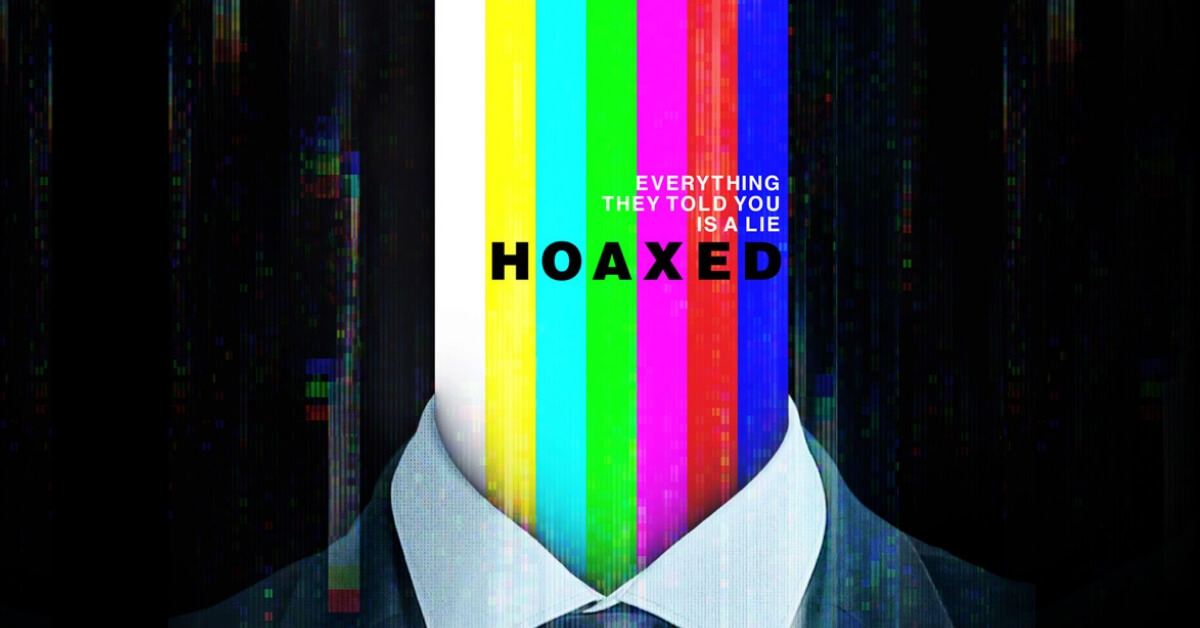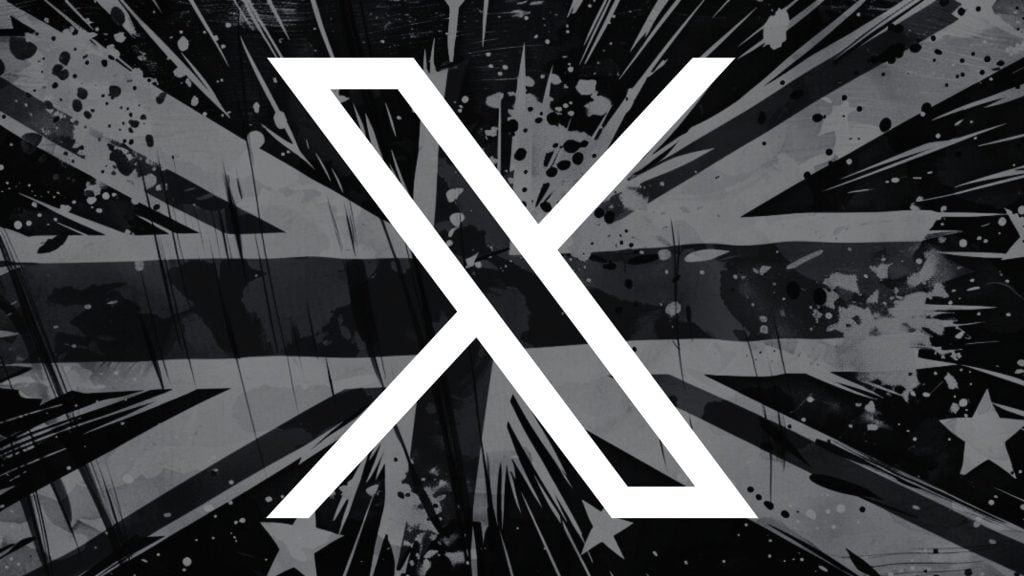A month ago we reported how the popular documentary Hoaxed was suddenly removed by Amazon and removed from Amazon Prime Video and video-on-demand.
Hoaxed documented how the media manipulate the news to build narratives and was one of the top documentaries on the platform until it was removed.
While it was also removed from Prime Video, at the time, people that had purchased the documentary through Amazon were saying that, even though they had purchased it (not rented it), when Amazon removed the movie from the platform, it disappeared from their library and they were no longer able to play it again.
Now, Amazon is being sued for this practice of leading people to believe that when they “Buy” a movie, they own it.
In the realm of digital space, where products and services are not tangible and physical, the implications of licenses greatly differ. With that being said, the general public is yet to be fully aware of what licenses can mean in the digital medium especially.
For instance, would purchasing a movie from the internet really make you the real owner of it? If you think yes, think again.
“Though some consumers may get lucky and never lose access to any of their paid-for media, others may one day find that their Video Content is now completely inaccessible. Regardless, all consumers have overpaid for the Video Content because they are not in fact owners of the Video Content, despite have paid extra money to ‘Buy’ the product,” the lawsuit states.
All this confusion primarily stems from the fact that retailers or rights holders, most often use “selling” and “licensing” a copyrighted product interchangeably. This has led to cases where people once bought something, only ending up realizing that they were licensed to use it, allowing the rights holders to revoke the license whenever they please, and hurting buyers in the process. And no, you don’t automatically get a refund.
Nonetheless, we do witness some rare instances where retailers are held responsible for their twisted agreements and made to answer. What we have here is an individual named Amanda Caudel suing Amazon for allowing people to “purchase” a video download despite it not being so.
We obtained a copy of the lawsuit for you here.
It is worth noting that Amazon always has the end rights to revoke any download, any moment they please. If that is the reality, then Amazon, technically, cannot call it a “purchase” of a video download, the lawsuit argues.
The company, however, still calls it so, and Caudel now wants to hold Amazon responsible for that.
Caudel, in her lawsuit, clearly pointed out the fact that Amazon, while listing your video downloads as purchase, never ends up treating them as real purchases. Simply put, Caudel asserts that Amazon is falsely advertising licensing of products as selling them, and is now planning on making the issue a class action lawsuit.
From the lawsuit filing:
Reasonable consumers will expect that the use of a “Buy” button and the representation that their Video Content is a “Purchase” means that the consumer has paid for full access to the Video Content and, like any bought product, that access cannot be revoked.
Unfortunately for consumers who chose the “Buy” option, this is deceptive and untrue. Rather, the ugly truth is that Defendant secretly reserves the right to terminate the consumers’ access and use of the Video Content at any time, and has done so on numerous occasions, leaving the consumer without the ability to enjoy their already-bought Video Content.
Defendant’s representations are misleading because they give the impression that the Video Content is purchased – i.e. the person owns it – when in fact that is not true because Defendant or others may revoke access to the Video Content at any time and for any reason.
While the abuse of copyright is prevalent across the whole digital spectrum, calling out a big player such as Amazon will at least draw attention to the problem, even if Amazon doesn’t get held accountable in court.
If you're tired of censorship and dystopian threats against civil liberties, subscribe to Reclaim The Net.









